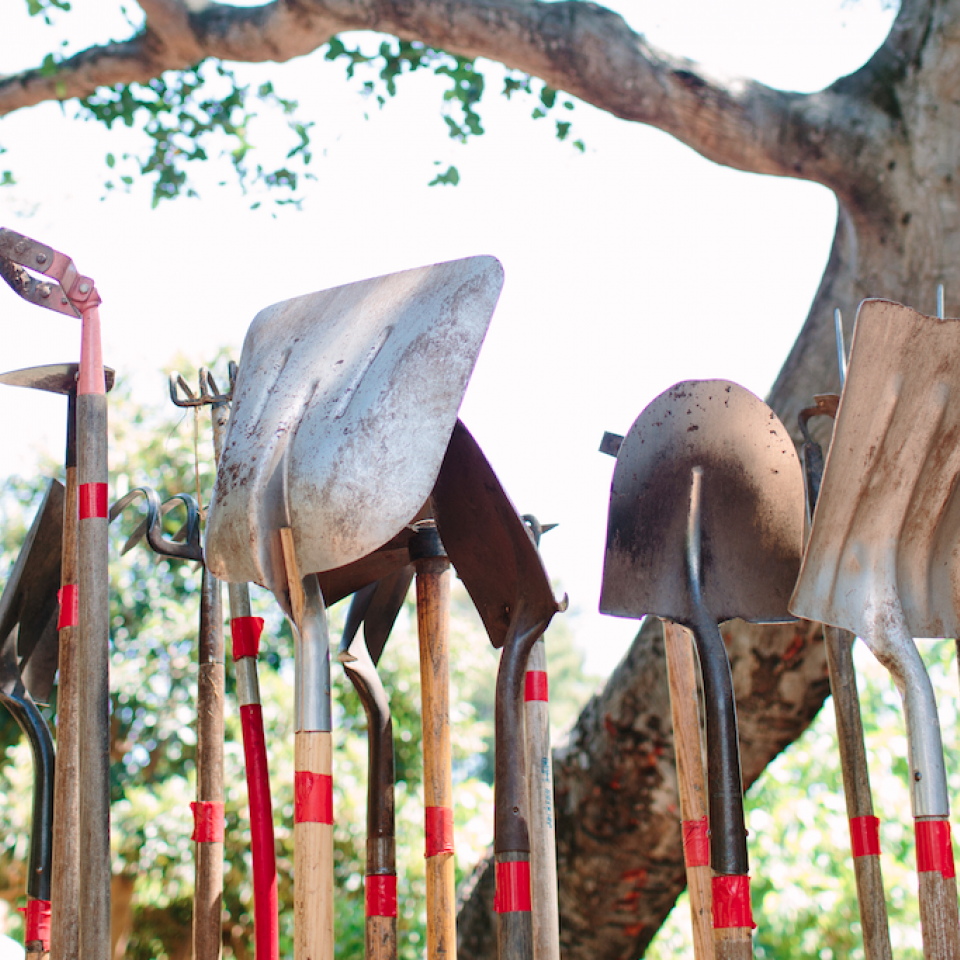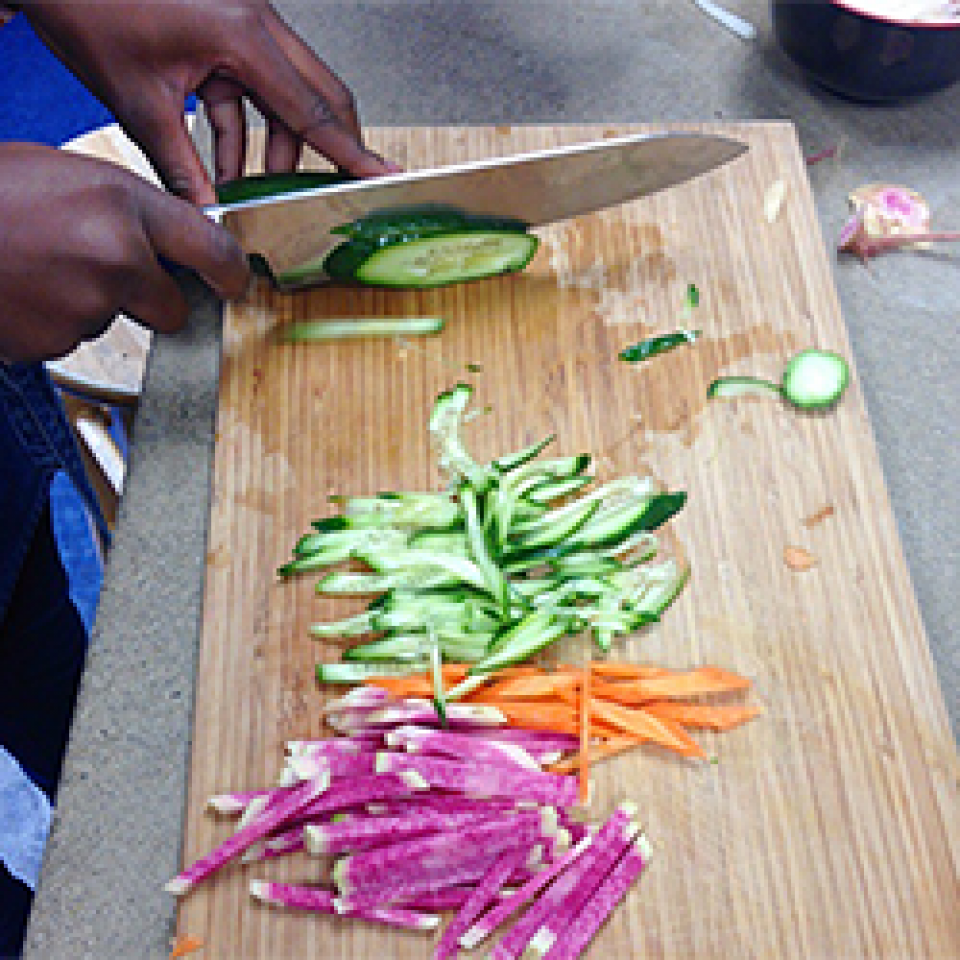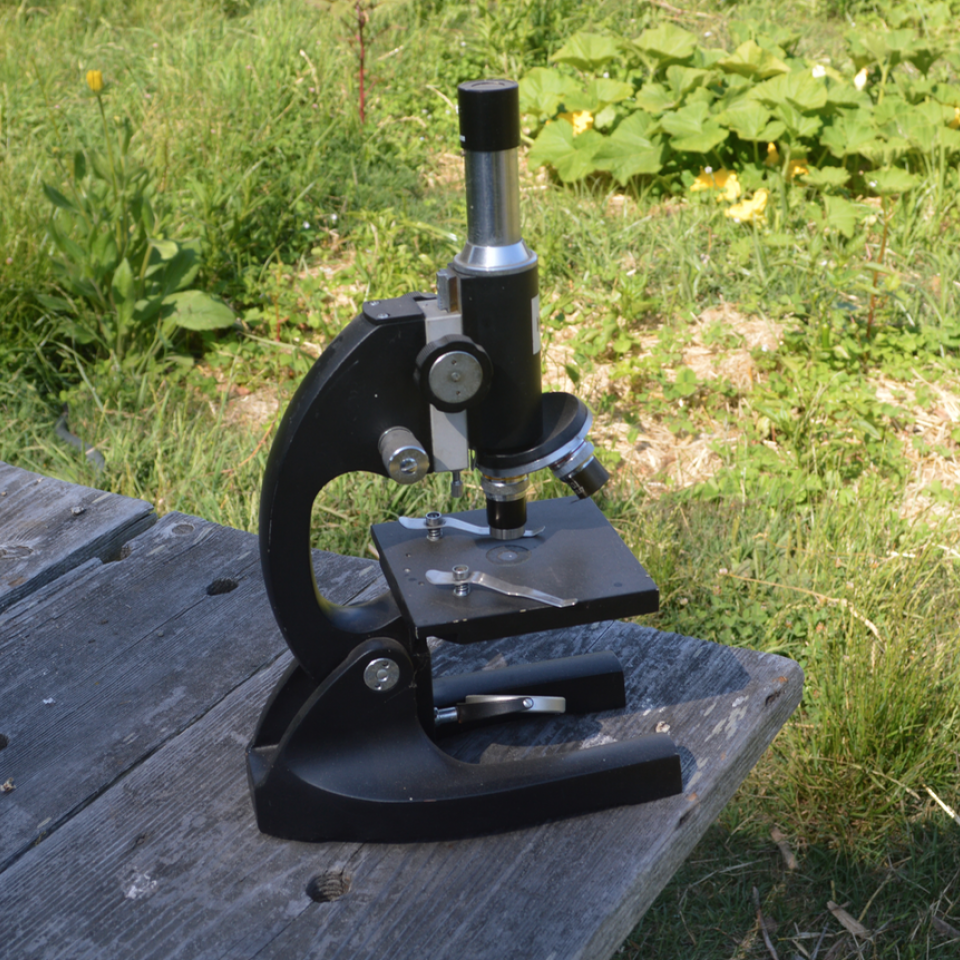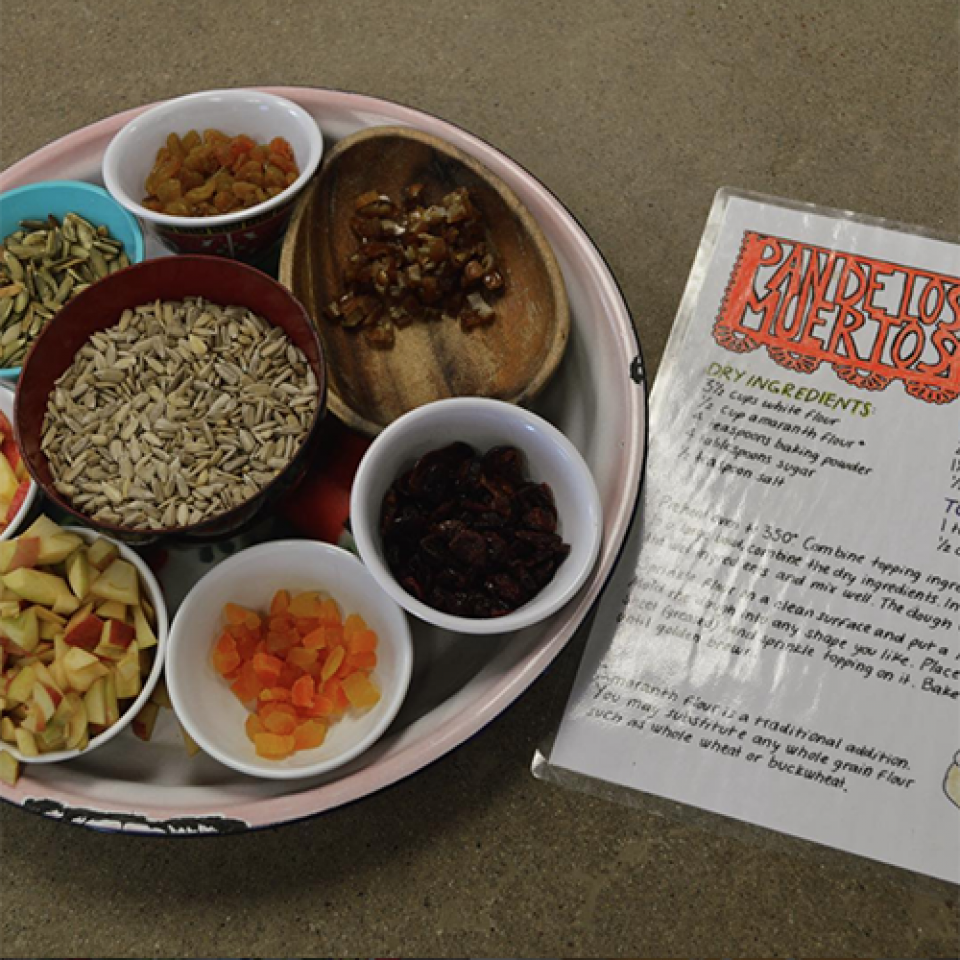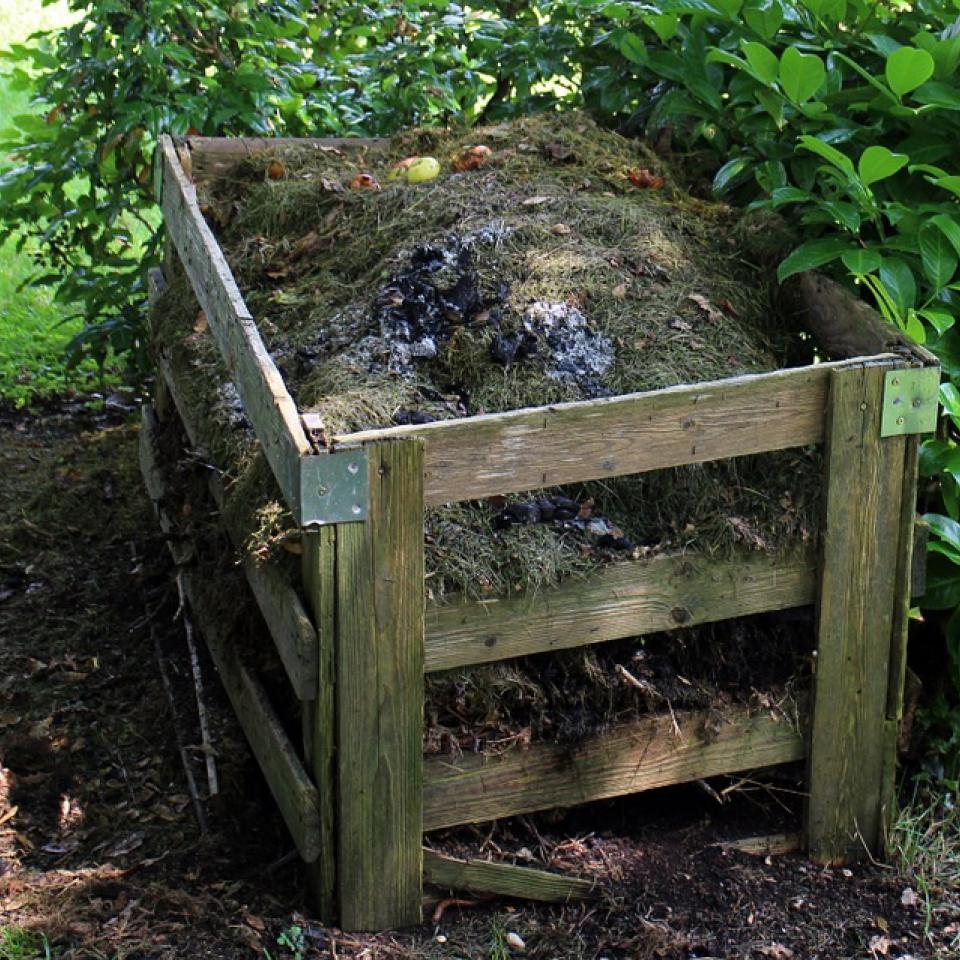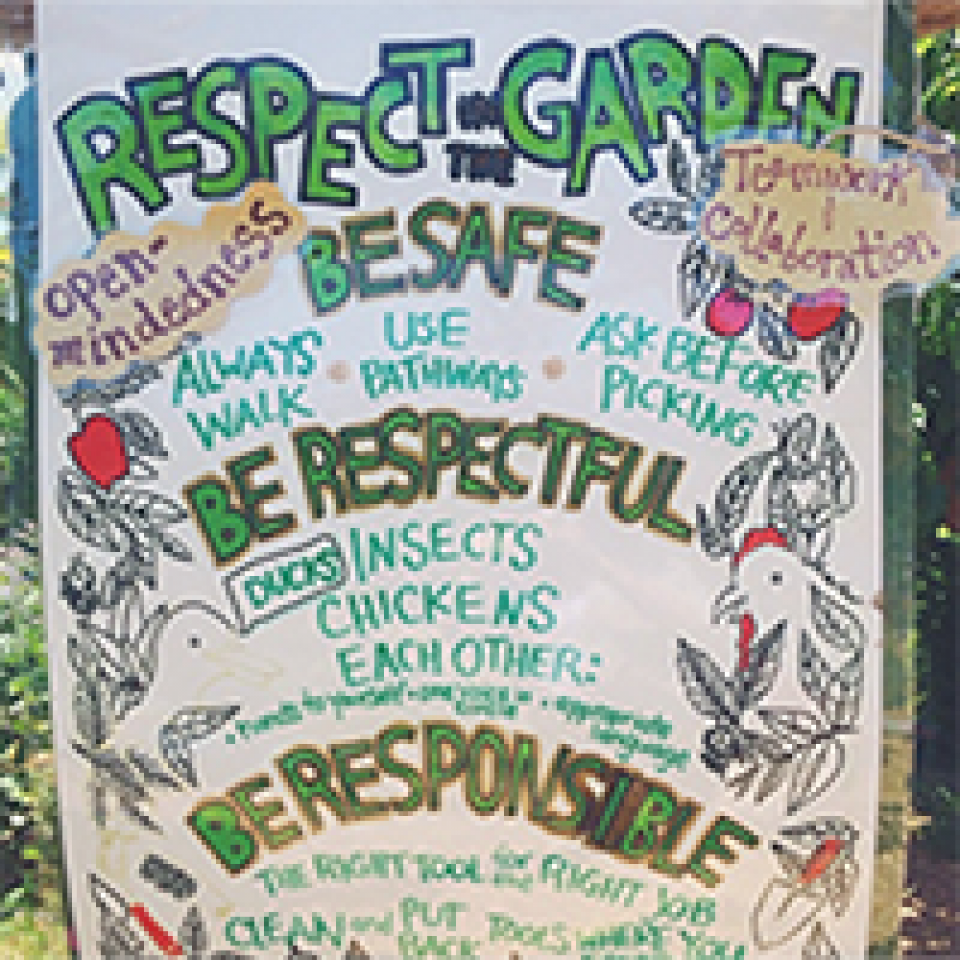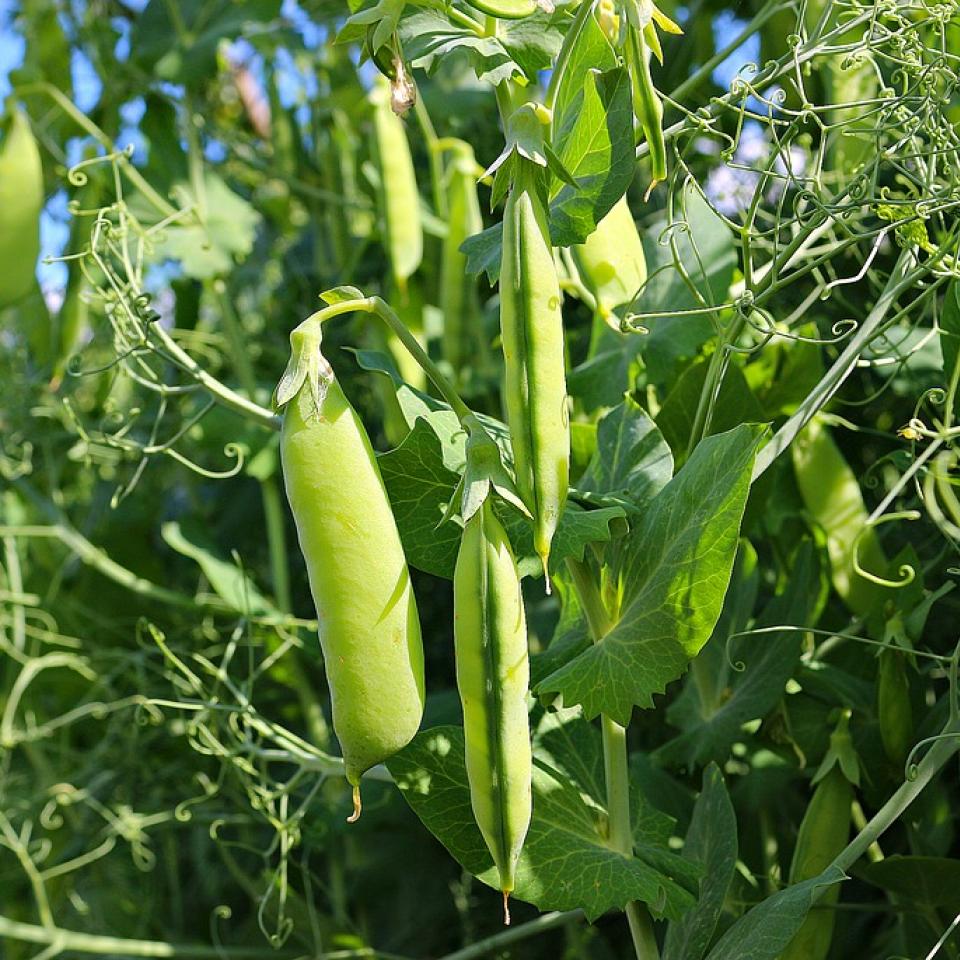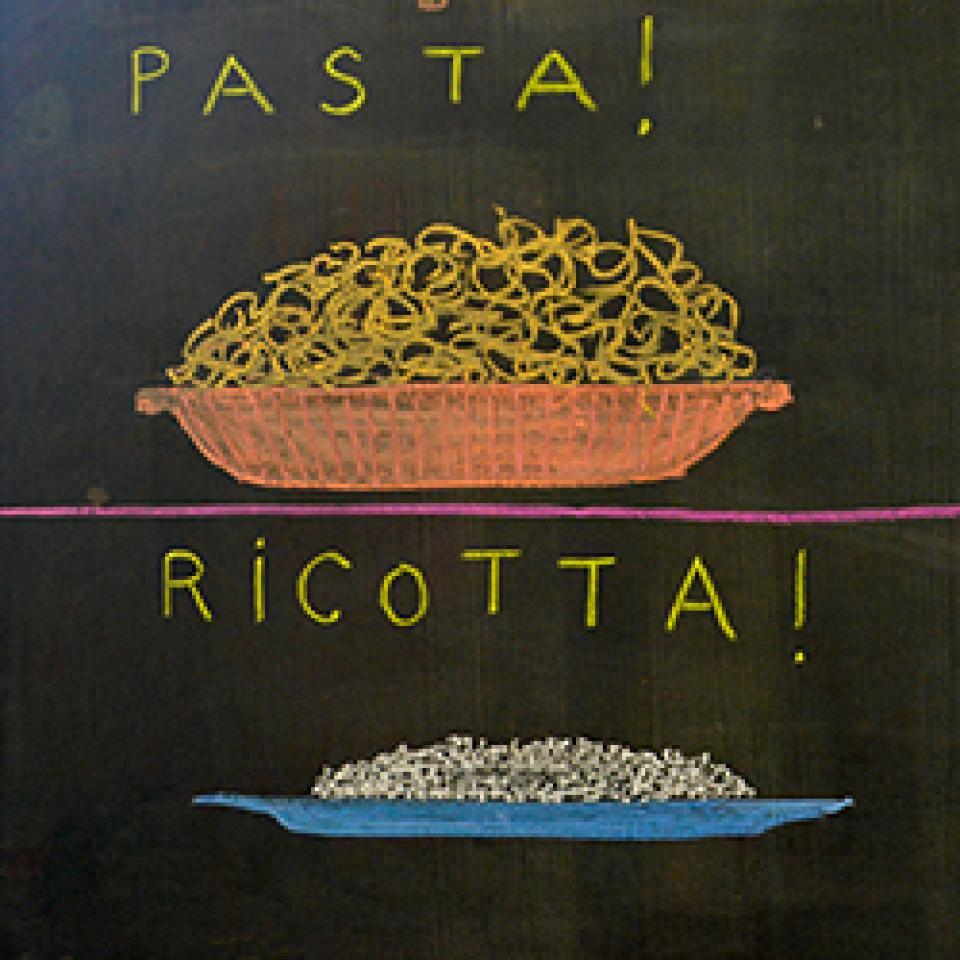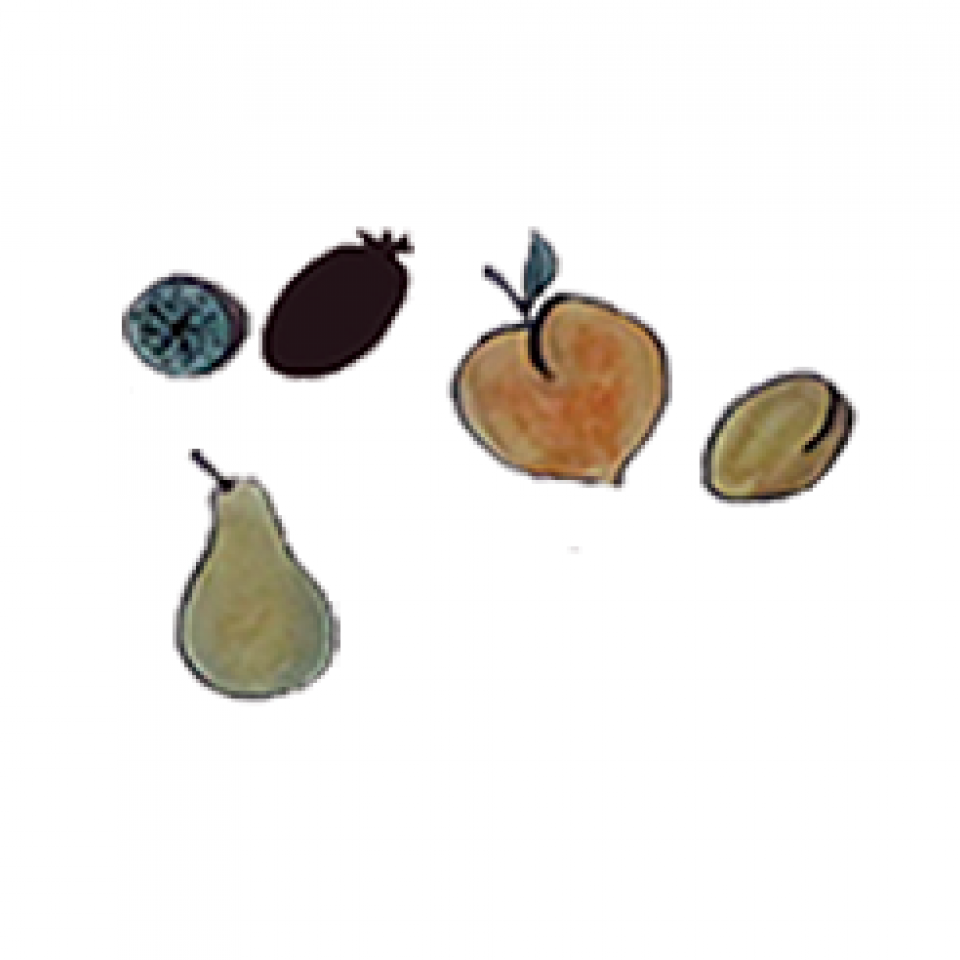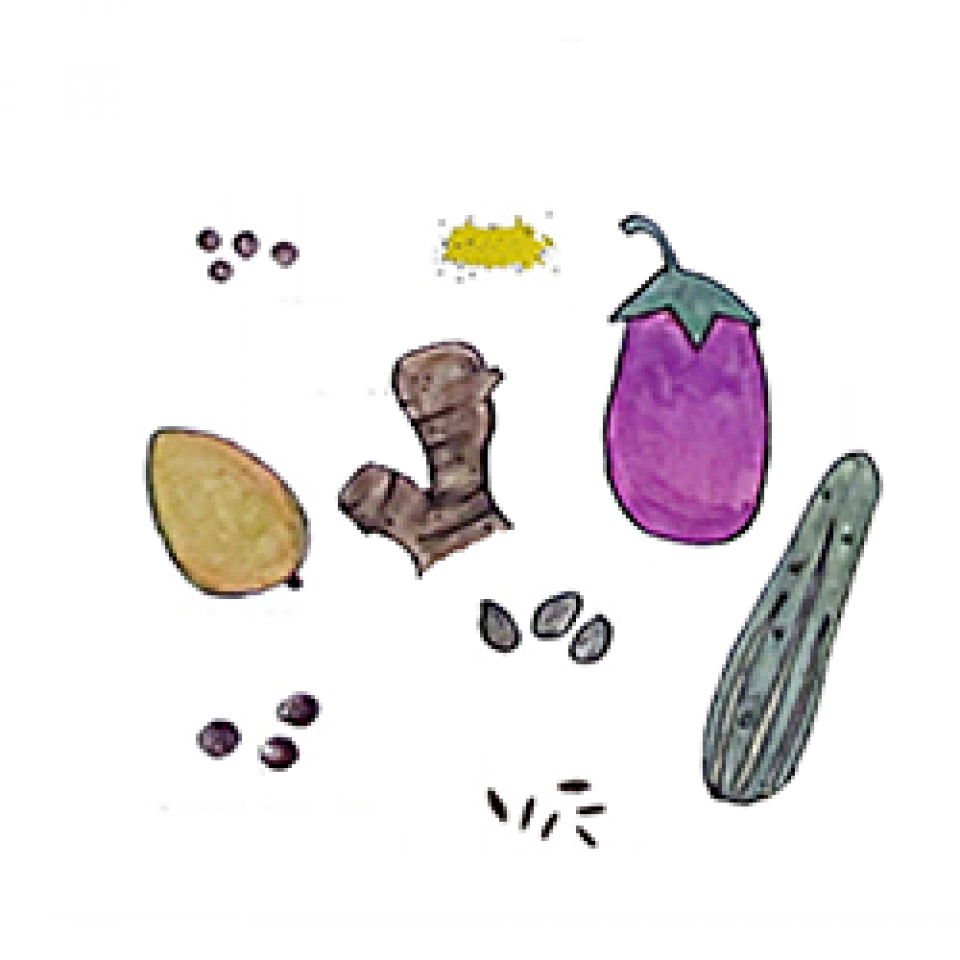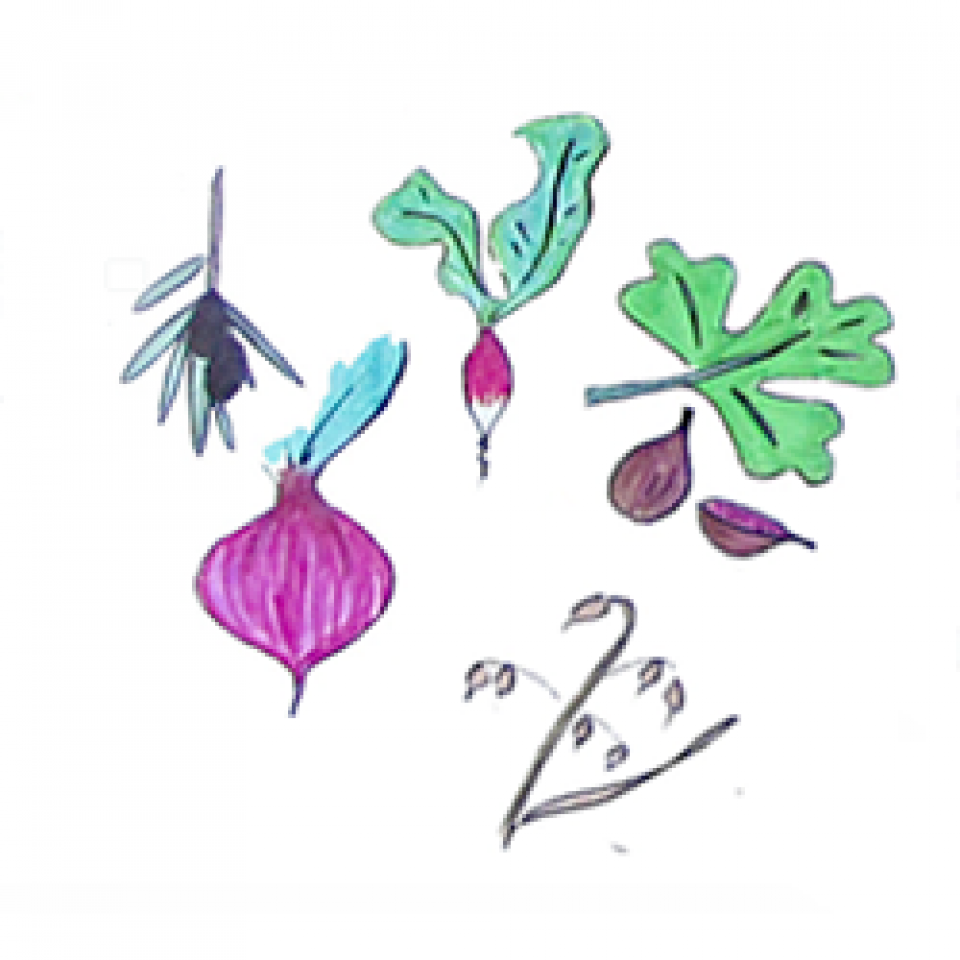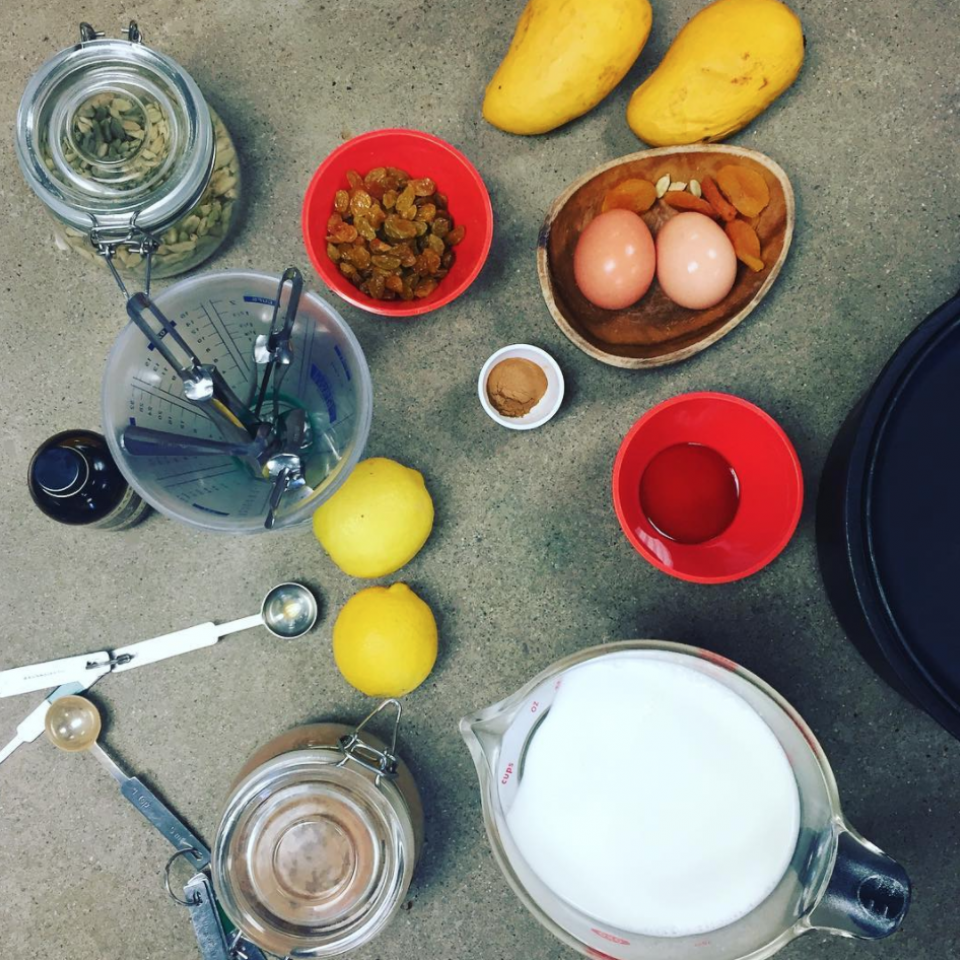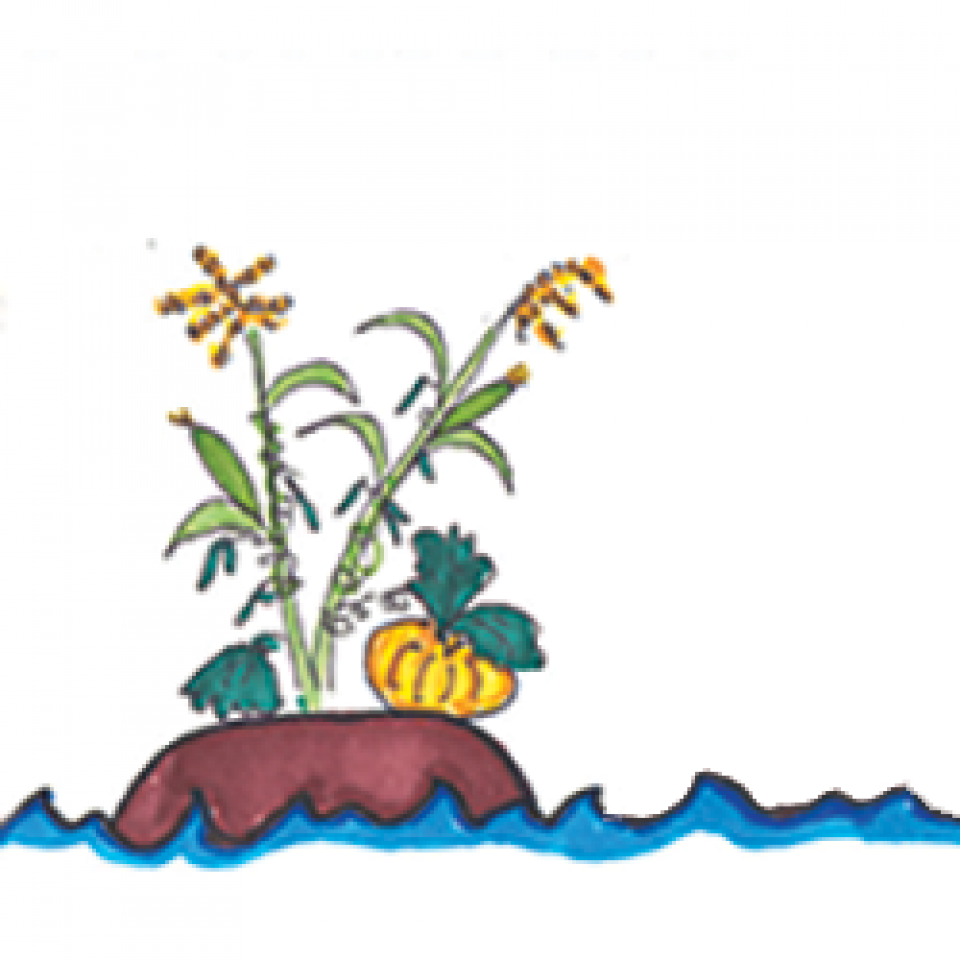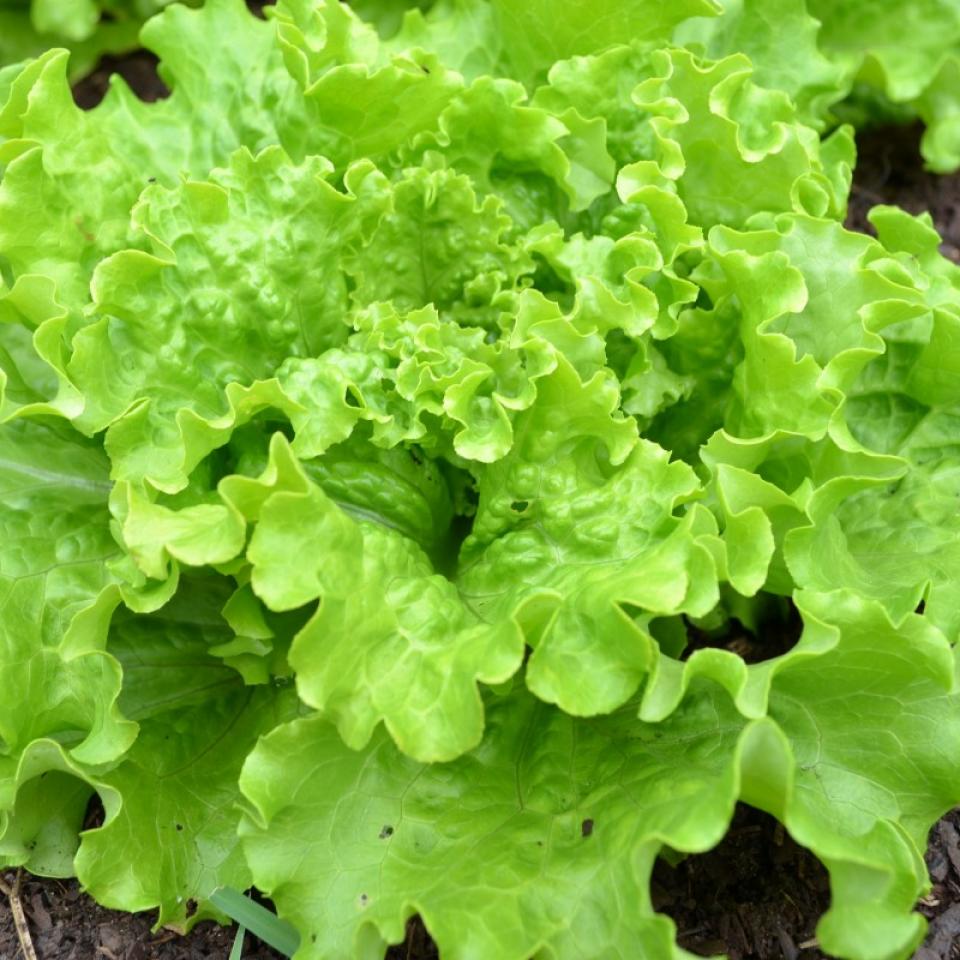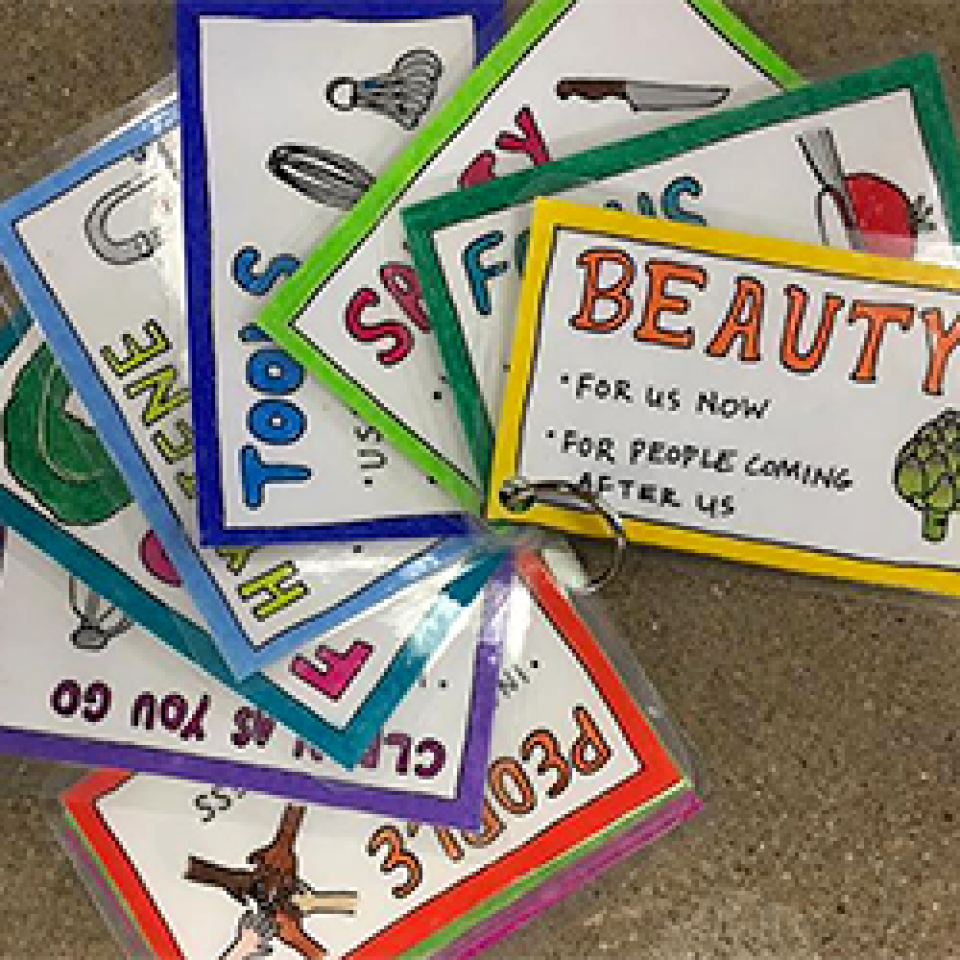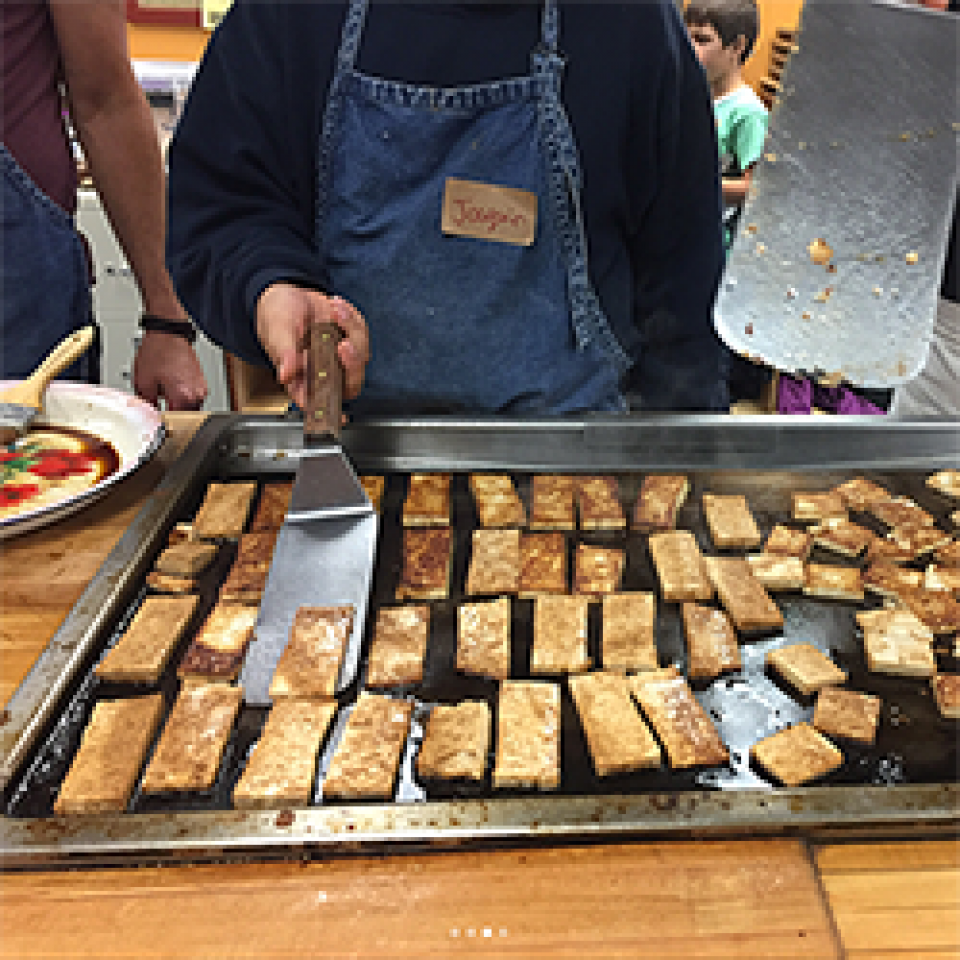
Search
6114 Results
This lesson builds upon past content students learned about how plants need light. The activities invite students to test a plants’ leaf ability to absorb light in the absence of light.
In this seventh grade science lesson, students learn about levers and use them to make work easier.
In this seventh-grade humanities lesson, students make maki sushi and focus closely on their knife skills and on displaying their food artfully. This is the third in the five-lesson series leading up to Iron Chef, the culminating challenge of the seventh-grade kitchen experience.
In this seventh grade science lesson, students deepen their understanding of pollen and pollinators by using microscopes to observe pollen and bee species from the garden.
In this seventh-grade humanities lesson, students prepare a Middle Eastern meze platter using ingredients that represent the four major climatic regions of the Arabian Peninsula.
In this sixth-grade humanities lesson, students prepare Pan de los Muertos to honor people or animals in their lives who have passed. They learn about the holiday of Día de los Muertos, and practice measuring precisely.
Students will learn to make salad dressing and assemble a salad while learning to identify all the parts and colors of a plant that we eat.
This lesson builds upon past lessons on decomposition and plant nutrients. The activities dive deeper into the importance of compost in providing nutrients for plants.
In this sixth grade orientation, the Edible Schoolyard's garden staff brings visual aids and props into students' indoor classroom to introduce the behavioral expectations for their upcoming garden classes.
This lesson gets students to practice sorting, organizing, and making lists while in the
natural environment. It introduces the idea that we eat seeds, and we also use them to
make other plants, thus more seeds.
In this eighth-grade humanities lesson, students prepare spaghetti with pesto, ricotta cheese, and a quick tomato sauce. Students discuss the theme of seasonality, and build their independence in the kitchen by working as a team to identify and divide cooking jobs and coordinate timing as they cook.
In this eighth-grade humanities lesson, students make fresh spring rolls and create their own dipping sauces.
In this sixth-grade humanities lesson, students prepare Steamed Dumplings as they study the exchange of ideas, goods, and foods between China and other regions during the Han dynasty. This is the first of four Silk Road lessons.
In this sixth-grade humanities lesson, students prepare Vegetable Curry as they study the ideas, goods, and foods that India shared with other regions along the Silk Road. This is the second of four Silk Road lessons.
In this sixth-grade humanities lesson, students prepare fresh pasta with gremolata as they study the exchange of ideas, goods, and foods between Rome and other regions along the Silk Road. This is the third of four Silk Road lessons.
In this sixth-grade humanities lesson, students trade between three tables that represent China, India, and Rome to obtain all the ingredients needed to prepare Rice Pudding. This is the fourth and final Silk Road lesson.
In this seventh-grade humanities lesson, students make corn tortillas, beans, roasted squash, and cabbage slaw. They learn about the different agricultural techniques utilized by the Maya, Aztec, and Inca civilizations, including companion-planting corn, beans, and squash.
This lesson introduces the plant parts, highlighting the parts that are edible and those that
are not. It also informs students about how to safely and respectfully pick and taste plants
growing in our gardens.
In this seventh-grade humanities lesson, students prepare a Tortilla Scramble with Roasted Potatoes and are introduced to the Reflection Cards as a means of identifying and practicing the kitchen skills utilized in their culminating lesson: the Iron Chef Challenge.
In this seventh-grade humanities lesson, students make the broth and a variety of toppings for udon noodle soup. They learn how to make a simple stock from scratch, practice their knife skills, and coordinate timing as a group to complete a variety of recipes at the same time.

